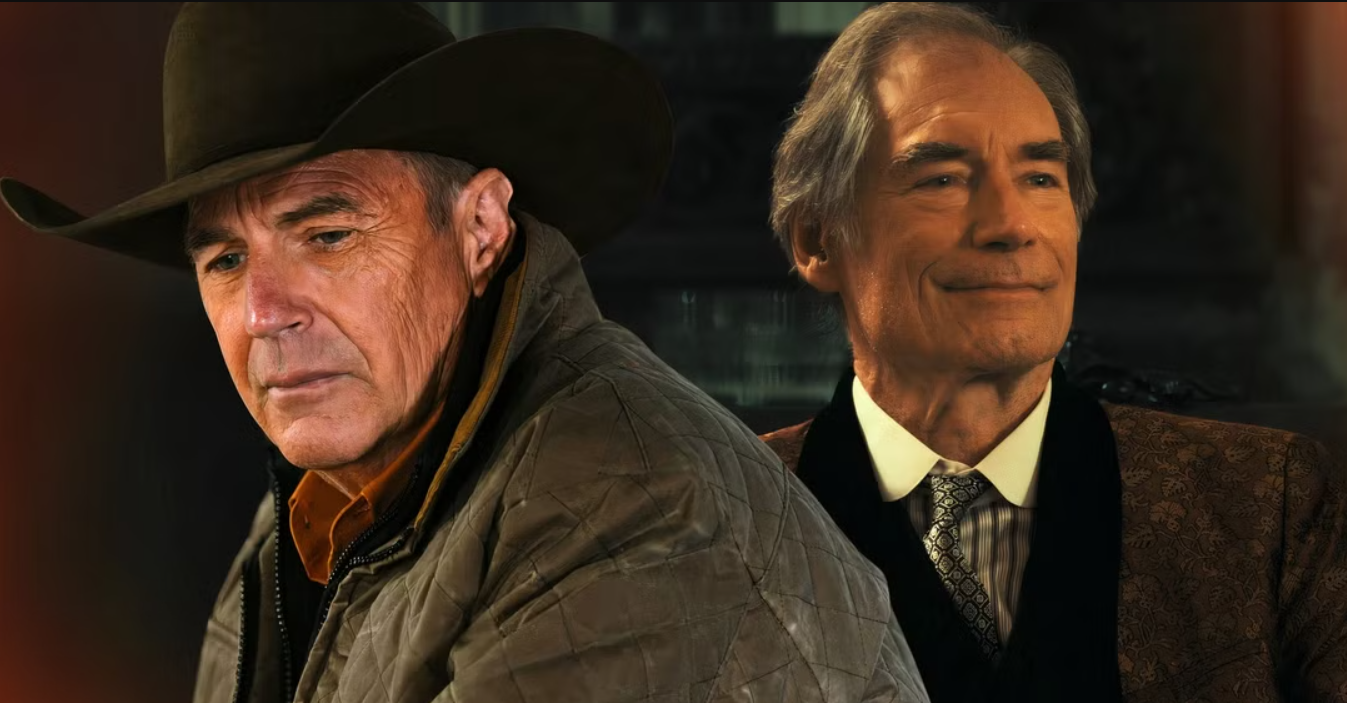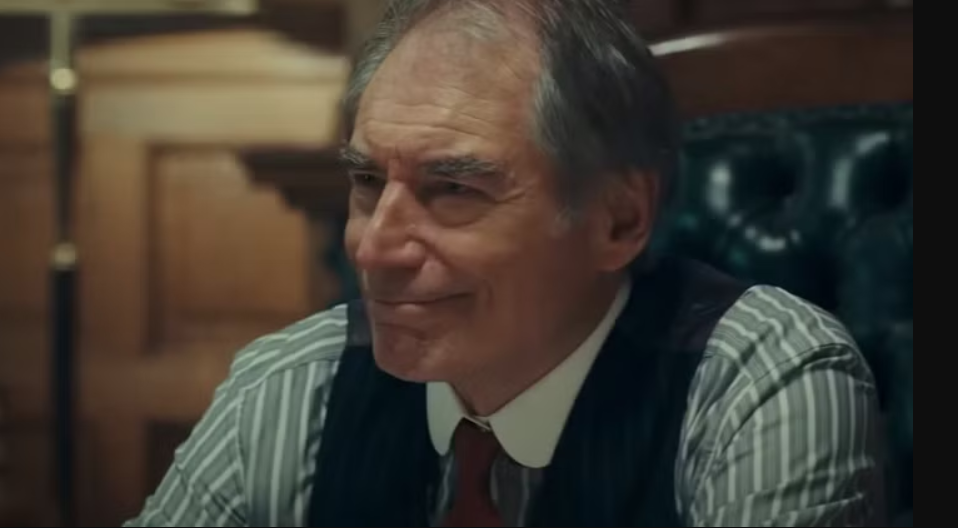1923 season 2 planted the seeds for the downfall of the Dutton family in Yellowstone. Set about a century before the modern-day trials and tribulations of John Dutton III (Kevin Costner) and his three children, Beth (Kelly Reilly), Jamie (Wes Bentley), and Kayce (Luke Grimes), 1923 is about the Duttons’ fight to save the Yellowstone Dutton Ranch from Thomas Whitfield’s (Timothy Dalton) hostile takeover. The Duttons of 1923 are of a different breed than their descendants in Yellowstone.

In Yellowstone, John Dutton often dispatches Rip Wheeler (Cole Hauser) to handle the ranch’s dirty work, i.e., getting rid of the Duttons’ enemies. This usually involves sending foes to the Train Station, a region between Montana and Wyoming that has no population and no laws.
Many Dutton enemies have gone to the Train Station, including Jamie Dutton, who was eliminated by Beth in Yellowstone’s series finale. The Duttons’ liberal use of the Train Station is indicative of how different John and his brood are from their 1923 ancestors.
John Dutton III and his family in Yellowstone are morally grey compared to Jacob Dutton (Harrison Ford), Cara Dutton (Helen Mirren), Spencer Dutton (Brandon Sklenar), and their 1923 family. True, 1923’s Duttons kill their enemies, including Spencer executing Thomas Whitfield in cold blood in 1923 season 2’s finale.

Yet the Prohibition Era Duttons seem to be more pure of heart and less morally compromised. One reason why is that the Duttons of 1923 have yet to learn about the Train Station.
The Train Station was the invention of Thomas Whitfield in 1923. The sadistic British millionaire realized the unpoliced zone between Montana and Wyoming would be the ideal place to send the Duttons once he had killed them and taken their land.
Whitfield only sent one victim to the Train Station, a sex worker named Christy (Cailyn Rice), and Jack Dutton (Darren Mann) was spared this fate when he was killed by Whitfield’s men. But in the decades between 1923 and Yellowstone, the Duttons made the Train Station their own, and it cost them the moral high ground.
